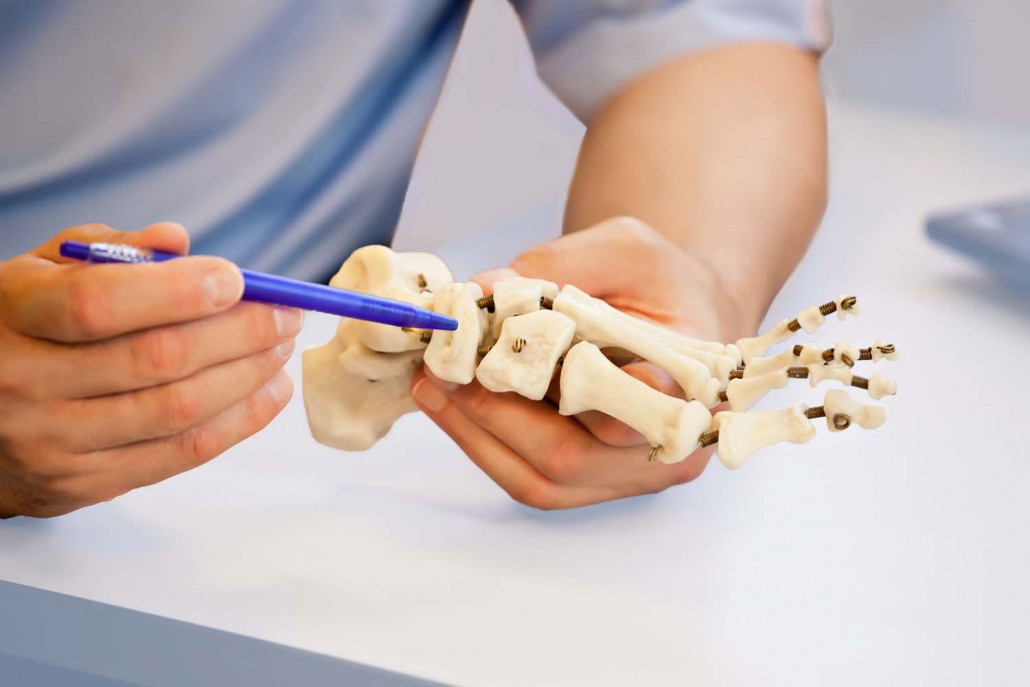Obesity, inflammation and osteoarthritis.
Osteoarthritis is a type of joint disease that results from the breakdown of joint cartilage and underlying bone.
Loading the body with excess weight and older age are commonly seen as the contributing factors for osteoarthritis.
The part obesity plays in the development of osteoarthritis would appear straight forward. Excess body weight loads up the joints and this extra pressure leads to pain and joint failure. Yet obesity being a risk factor for hand osteoarthritis has been known for many years. As we do not walk on our hands, how could just the load from excess weight be the only cause for osteoarthritis?
A recent publication in the Medical Journal of Australia highlights findings that increased body fat is associated with early through to late osteoarthritis, independent of obesity, which suggest that the effect of obesity on the joint may be through inflammation.
Osteoarthritis is not thought of as an inflammatory disease and that if swelling is involved the cause must be something else. These findings challenge the idea that osteoarthritis is just a degenerative disease and that it is much more complex than just wear and tear.
The article states that ‘It is well recognised that body fat is not an inert structure but rather a highly metabolically active tissue that produces inflammatory molecules… that have been shown to damage joints’.
So this effectively means that excess fat is producing lots of nasty chemicals, and the resulting inflammation is associated with joint damage – even if an inflammatory condition such as osteoarthritis is not present. Add to that the load from obesity and joints that are already experiencing wear and tear will then have even greater vulnerability from the inflammation.
It is also important to keep in mind that excess weight can be as little as perhaps 4 or 5 kilos to have a significant effect, not just because you are loading the joint but because of body fat influenced inflammatory change that is occurring.
Currently the medical profession tends to see older patients present with osteoarthritis by which time joint damage has already occurred. These findings highlight the importance of targeting weight gain much earlier in life to aid prevention, which is more achievable than losing excess weight later in life. Further to this, reducing the incidence of obesity across all ages of the general population will help to deal with diseases such as osteoarthritis in the future.



